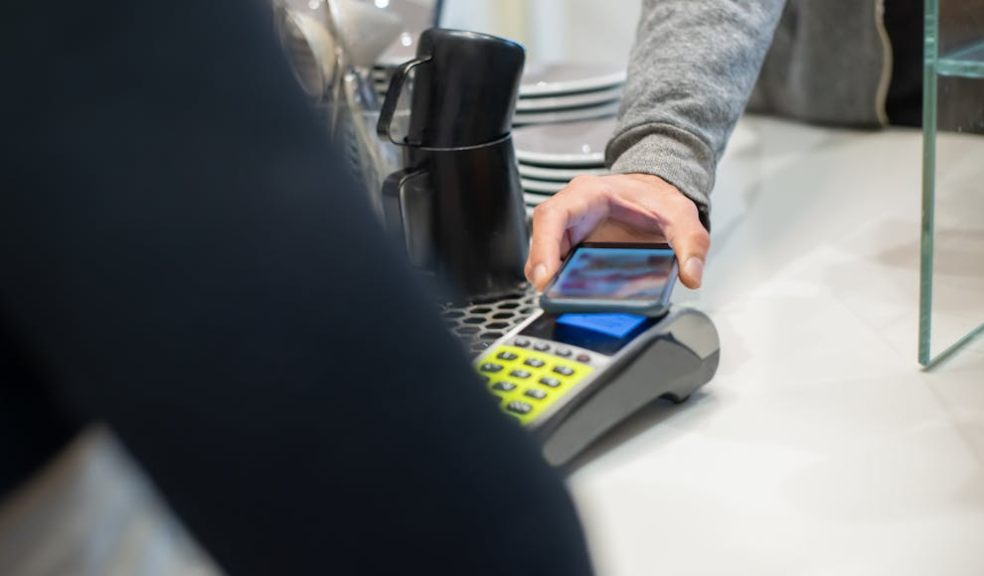
Exploring the versatile applications of e-wallets across all industries
The biggest challenge that many financial companies face is having a product that can facilitate a service across a multitude of different platforms, devices or services. The more people using the service, the better – and with countless individual transactions taking place globally every minute, versatility and efficiency are the deciding factors for billions of people every day when choosing their payment method.
You could make a strong case that versatility and efficiency are similar, and you couldn’t really have one without the other. If you’re choosing the most versatile payment system, you're also choosing whatever is the most efficient for you, but we don’t want to sound too reductive – there’s a whole ocean of activity going on beneath the surface of our digital world, and e-wallets are at the bottom of it.
What are e-wallets?
Generally speaking, e-wallets come in two forms: software integrated into your mobile phone that allows you to use your phone as a contactless payment device, or mobile apps such as PayPal and Skrill that you can download and use on your laptop and PC. E-wallets also enable you to quickly autofill your details if you purchase from an online merchant.
Once you have registered your device with your e-wallet provider, you can use a PIN or biometric identification to make deposits and purchases. The idea of e-wallets is to remove the need for a physical wallet containing several different credit cards.
Ultimately, the basis is that it is safer and more convenient, and turns our phones into even more of a one-stop shop. Unless somebody knows your phone PIN or can access your biometric ID, it is virtually impenetrable. Conversely, if somebody steals or uses your physical card for contactless features, they do not need to go through any additional security.
How many people use e-wallets globally?
While it can be challenging to get an exact figure, given that many users can simply sync their bank accounts and cards to their mobile phones, there are now billions of e-wallet users. Recent figures show over three billion people use e-wallet services at least once a week, and this figure is set to grow exponentially.
Similarly to the utilisation of the internet, many users who haven’t adapted to e-wallets are of the older generation. However, the generations that are set to replace them over the next decade or two have grown up immersed in the internet's ubiquitous presence, so this number is set to swell dramatically. There will also be millions of older people who will adapt, just like they did with online banking and other digital services such as online casinos.
Using e-wallets for iGaming – the rise of Neteller and Skrill
Digital gambling has benefited dramatically from the rise of e-wallet services. In the late 1990s and early 2000s, Neteller, one of the world’s most widely used e-wallets, handled over 70% of online gambling transactions in the US.
This landscape has since become much more competitive, with Skrill becoming the gambling method of choice, particularly for Millennials and Gen Z gamblers. Gambling with Skrill circumvents the need to consistently enter card details, CVV numbers and expiry dates when you deposit – and it avoids having the details stored in multiple locations.
Skrill’s operation now spans over 35 countries, serving 40 million customers. They’ve surpassed Neteller, which started off as the dominant name in iGaming but have since fallen down the pecking order due to companies like Skrill surpassing their service. If you use Skrill, you’ll be aware of its anti-fraud preventative measures and the ability to raise a case with them directly.
E-wallet security
Once you have your Skrill account set up, all you need to do is sync the ID with your chosen gambling provider or merchant. Any subsequent purchases will take a few seconds once you have set it up and verified your details. Moving forward, you will only need to authorise the transaction on the Skrill site or app.
So, in the event that the website is subject to a breach or an attack, your card details aren’t compromised. While it’s not ideal to have your Skrill or any other information compromised, there isn’t a cybercriminal who can do too much with only your Skrill ID.
We’ve used Skrill as the primary example, but it applies to all e-wallet services; they all perform similar services and use the same types of security to keep your information secure. It’s the combination of convenience and security that has made Skrill, Neteller, PayPal, Apple Pay and Google Pay the most popular payment services in the financial industry.
We haven’t even discussed the impact of Apple and Google Pay, the main reasons the industry is experiencing such a colossal boom. Apple Pay is one of the Californian tech giants' most impressive services at the moment, and it has become such a huge success that some analysts believe it could begin to challenge traditional financial institutions.
Responsible gambling
If you’re using an e-wallet to gamble, then it’s important to still adhere to responsible gambling guidelines. As long as you set up time and deposit limits for yourself, you will be able to play casino games in the true spirit in which they were designed. Unfortunately, a percentage of gamblers are susceptible to problem gambling and the social, emotional and financial harm that can come with it. If you believe you know somebody who is developing a gambling problem, you should seek out professional services online that will be able to offer assistance.
Combining convenience and security
Whether you’re looking to buy food and drink online, do your supermarket shopping, sign up for a streaming service or use Amazon to buy all sorts of bits for your home, e-wallets cover everything.
This versatility across all industries means that the number of people switching from physical cards to e-wallets is happening at a staggering rate – akin to an exodus. Banks won’t be too alarmed, considering e-wallets are just another way for people to store their financial data and use their cards. Given that so many people still use the same bank accounts and link them to their e-wallets, you’d think the companies would be able to work in harmony.
However, companies like PayPal now offer their own style of debit cards and other financial instruments such as PayPal credit and other types of lending. This could be a serious challenge mounted by these companies to challenge traditional finance, and Apple Pay and Skrill have followed a similar model.
E-wallets are just another way for us to use our cards. Although there’s a substantial ongoing battle between modern-day fintech companies and traditional finance, it’s not something that we notice at the bottom end of the chain. Ultimately, these companies are vying for our custom, and they know that they have to offer the most versatile and convenient avenue.
In the midst of such intense competition, we can just move our business elsewhere. Now that you can use e-wallets for anything online, the battleground has switched to providers offering a multi-faceted platform with lower fees and fewer hoops to jump through. Industries have noticed this shift as well, and they’re now adjusting their payment systems to reflect this and make it easier for those customers who have switched entirely to e-wallets.




















